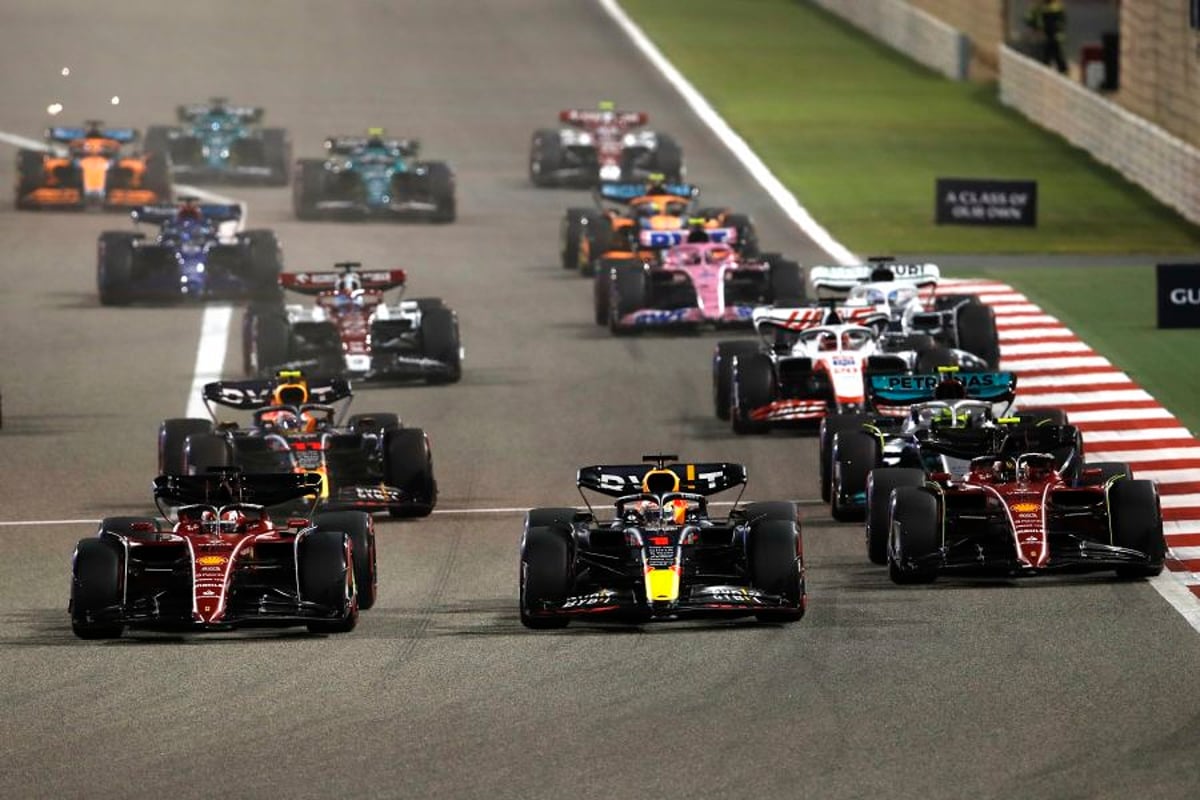
Latest News

Aston Martin
Aston Martin testing incident sparks fresh injury worry for Lance Stroll
- 57 minutes ago

Lewis Hamilton
Lewis Hamilton 'in a much better place' after Ferrari F1 reset
- 2 hours ago

F1 News & Gossip
Max Verstappen transfer saga can drive F1 superstar into the arms of McLaren
- 2 hours ago

Lewis Hamilton
Lewis Hamilton’s ex-manager gets exciting new role with rival F1 team after shock split
- 3 hours ago

Max Verstappen
Max Verstappen trolls McLaren with brutal solution to F1’s latest nightmare
- Today 07:45

F1 News Today
F1 News Today: Lewis Hamilton grilled as Ferrari exploit 2026 'loophole'
- Today 07:00
Most read

15.000+ views
Daniel Ricciardo is back in F1, but this time it's different
- 31 january

15.000+ views
Lewis Hamilton finally breaks his silence on Kim Kardashian dating rumours
- 12 february

10.000+ views
Lewis Hamilton split prompts major Angela Cullen decision
- 5 february

10.000+ views
F1 2026 WAGs: Lewis Hamilton is 'dating Kim Kardashian'?
- 2 february

7.500+ views
FIA 'will ban' Mercedes engine trick following rivals uproar
- 16 february

7.500+ views
F1 Testing 2026: Bahrain schedule, start times and how to watch live
- 12 february



























 Grand Prix of Australia 2026
Grand Prix of Australia 2026  Grand Prix of China 2026
Grand Prix of China 2026  Grand Prix of Japan 2026
Grand Prix of Japan 2026  Grand Prix of Bahrain 2026
Grand Prix of Bahrain 2026  Saudi Arabian Grand Prix 2026
Saudi Arabian Grand Prix 2026  Grand Prix du Canada 2026
Grand Prix du Canada 2026  Grand Prix De Monaco 2026
Grand Prix De Monaco 2026  Gran Premio de Barcelona-Catalunya 2026
Gran Premio de Barcelona-Catalunya 2026  Grand Prix of Austria 2026
Grand Prix of Austria 2026  Grand Prix of Belgium 2026
Grand Prix of Belgium 2026  Grand Prix of Hungary 2026
Grand Prix of Hungary 2026  Grand Prix of Azerbaijan 2026
Grand Prix of Azerbaijan 2026  Grand Prix of Singapore 2026
Grand Prix of Singapore 2026  Gran Premio de la Ciudad de Mexico 2026
Gran Premio de la Ciudad de Mexico 2026  Grande Prêmio de São Paulo 2026
Grande Prêmio de São Paulo 2026  Qatar Grand Prix 2026
Qatar Grand Prix 2026  Grand Prix of Abu Dhabi 2026
Grand Prix of Abu Dhabi 2026 